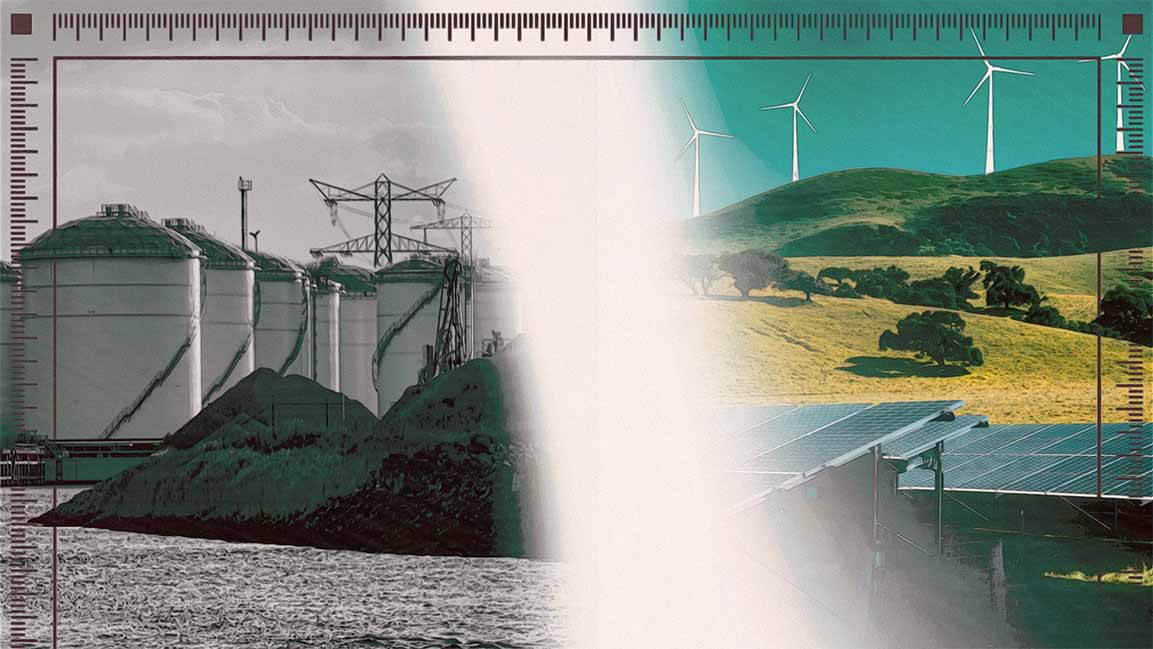- | 12:00 pm
This is why energy transition needs a more realistic and robust plan
Aramco CEO calls for a multi-source, multi-speed, and a multi-dimensional approach

Now accepting applications for Fast Company Middle East’s Most Innovative Companies. Click here to apply.
To tackle climate change, our main tool is the energy transition — the shift from an energy mix based on fossil fuels to one that produces very limited, if not zero, carbon emissions based on renewable energy sources.
In a speech at the World Petroleum Congress in Calgary, Canada, Aramco CEO Amin Nasser said that the world needs a more realistic and robust transition plan considering all countries’ needs.
He urged world leaders to take action to prevent a more serious energy crisis and avoid a divide between developed and developing countries as the world transitions to clean energy.
The World Petroleum Congress will run until September 21.
This year, the World Petroleum Council awarded Nasser the Dewhurst Award to leaders who have significantly contributed to the global oil, gas, and energy industries.
Nasser took the opportunity in his speech to call for a multi-source, multi-speed, and multi-dimensional approach to ensuring everyone has access to affordable and reliable energy.
Nasser talked about the growing divide in the global energy transition, saying, “While much of the global north is focusing on environmental sustainability, the priority for many in the Global South is economic survival. Transition planning has not sufficiently recognized this clear need for distinctive solutions, and a widening divide is an inevitable result.”
Nasser also highlighted the dangerous consequences of ignoring energy security and affordability. However, he said world leaders increasingly acknowledge that transition planning needs to be realistic and proportionate, reflecting the different economic and energy situations of different countries.
Nasser talked about the dangers of phasing out conventional energy prematurely, “The current transition shortcomings are already causing mass confusion across industries that produce and/or rely on energy. Long-term planners and investors do not know which way to turn.”
“It is increasing the risk of acute supply-demand imbalances in conventional energy, and therefore an even more serious energy crisis where countries and people, not just assets, are stranded,” he added.
Nasser discussed the huge scale of this transition and its challenges, saying it is a complete transformation of a $100 trillion global economy, likely to double by 2050.
“In short, the re-invention of our entire energy-based way of life in less than 30 years. Let us be inspired by that, but understand it means making history,” he said.































